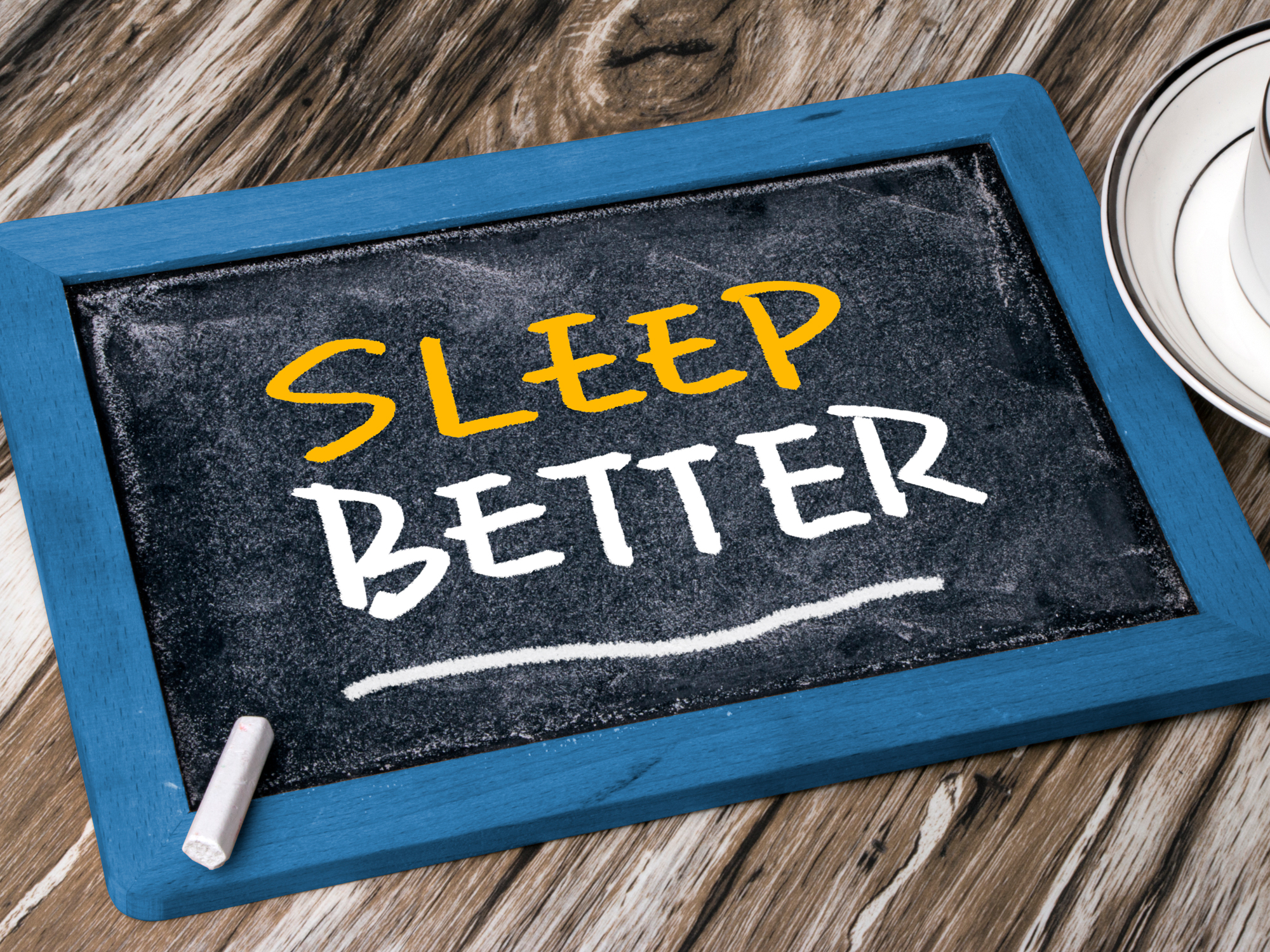Get Easy Health Digest™ in your inbox and don’t miss a thing when you subscribe today. Plus, get the free bonus report, Mother Nature’s Tips, Tricks and Remedies for Cholesterol, Blood Pressure & Blood Sugar as my way of saying welcome to the community!
One simple daily deed to sleep better

Getting enough sleep, at least enough high-quality sleep (the kind where you actually wake up refreshed, instead of still exhausted) seems to be a problem for more and more people these days.
Now, your doctor may tell you it’s just part of getting older, it comes with menopause, it’s part and parcel of the modern world, it’s all about stress or any of a long list of reasons to say that it’s just normal to not be sleeping well.
But, the fact is that not getting enough healthy sleep not only isn’t normal, it can be downright dangerous to your health.
In fact, lack of good quality sleep has been linked to everything from memory loss and diabetes to heart disease and cancer. That’s right, not getting enough healthy sleep could leave you with dementia and blood sugar problems or even kill you.
And, poor sleep has been shown to be a factor in obesity and inflammation as well — in other words, skipping those extra zzz’s could be behind your weight gain and joint pain too.
Okay, so you’re probably thinking, “I get it, I need to sleep more but I just can’t.”
Well, I’ve got you covered.
According to a new study, there are certain activities you can do that can actually help you sleep more and better. And, to top it off, the study even gives details on what activities can ruin your sleep.
Here’s what they found…
Not just exercise, but the right types of exercise
While you probably know that physical activity is associated with healthy sleep, researchers at the Center for Sleep and Circadian Neurobiology at the University of Pennsylvania School of Medicine, found that certain types of physical activity impact sleep quality more than others.
To determine which activities could send you to dreamland—and which might make matters worse—they examined the sleep habits and and physical activities of 429,110 participants. Specifically they measured 10 different types of activities to see how they impacted sleepy time in comparison to relative to both no activity and to walking.
What they found was not all that suprising…
- Compared to those who reported that they did not get physical activity in the past month, all types of activity except for household/childcare were associated with a lower likelihood of insufficient sleep.
- Compared to just walking, aerobics/calisthenics, biking, gardening, golf, running, weight-lifting and yoga/Pilates were each associated with fewer cases of insufficient sleep.
- Household/childcare activity was associated with higher cases of insufficient sleep.
In other words, those who get exercise simply by walking are more likely to have better healthy sleep habits. But, these effects are even stronger for more purposeful activities, like running and yoga, and even gardening and golf.
However, if most of your activity comes from housework and childcare, you’re likely to have more sleep problems.
Getting the best sleep
So, it’s clear that if you want to improve your sleep, you need to incorporate exercise into your daily life. And, while you will experience benefits from walking alone, the study proved that adding in other activities can yield even bigger benefits to your sleep — and for your overall health.
For instance yoga is great for the body and the mind. It’s been shown that doing yoga just twice a week can give you a bigger brain. Because, as you probably know, the brain naturally shrinks with age, a bigger brain can keep you independent into old age.
If you’d like to start out your exercise routine with walking and then ease into yoga, there are several exercises to choose from. Downward dog is a simple and great full body workout. You can see how to do it here. For more Easy Health Options yoga workouts, save this link to our favorites.
The key to improving your sleep through physical activity is consistency. Aim for at least 30 minutes of exercise at least five days each week.
Sources:
- Sleep Disorders and Sleep Deprivation: An Unmet Public Health Problem — Institute of Medicine (US) Committee on Sleep Medicine and Research
- Sleep and Disease Risk — Division of Sleep Medicine at Harvard Medical School
- Study maps types of physical activity associated with better sleep — University of Pennsylvania School of Medicine












